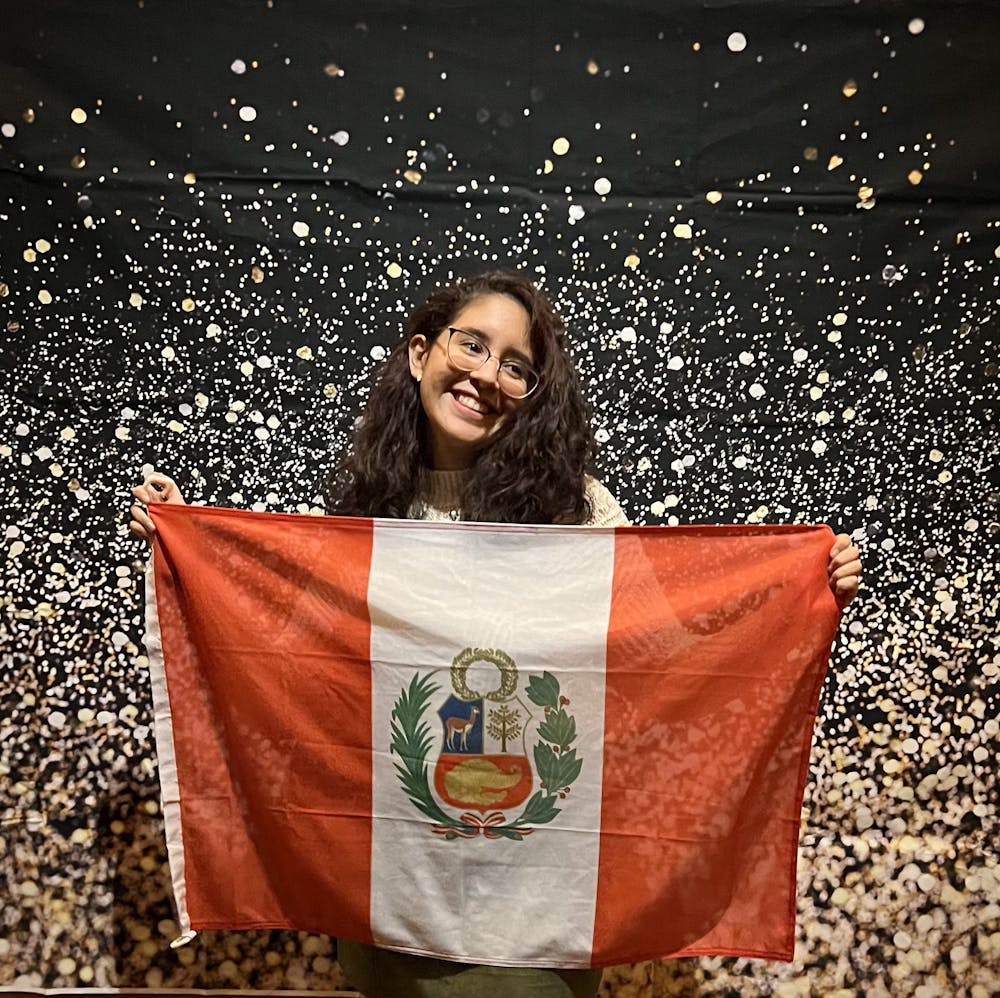As someone raised in a predominantly white town, I’ve dealt with a lot of ignorance and alienation.
In high school, while waiting in a lounge area at my job, everyone huddled around to talk about what they planned to write about for their college essay. I talked about how I didn’t want to write in cliches; moving from Peru to the United States was something I had grown tired of writing about. There are so many other spectacular things about my culture that I didn’t want to boil down to one moment. They insisted that it was the most interesting thing they’d ever heard.
One person had asked where Peru is located; before I could answer, someone confidently shouted, “Asia!” Immediately after, the same person revealed they didn’t know Peru’s national language is Spanish.
I was stunned.
Unfortunately, it was simply a reminder of the disconnect between my culture and my community. Throughout elementary and middle school, I was one of the only Hispanic students in my classes. This became more true as I started taking more honors classes. I ended up attending a high school outside my town to find a more diverse community.
Thankfully, my parents insisted on ensuring I practiced Spanish at home, learned how to make our cultural foods like ceviche and inchicapi, and kept up with important Peruvian events and news. However, I still dealt with the disconnect between my culture and community. I felt whitewashed.
I couldn’t speak Spanish at school or with my friends, which stunted my Spanish-speaking abilities. I didn’t have the space to celebrate certain cultural holidays. I needed to drive at least half an hour to gain some sense of cultural community. Compared to my family members, “I acted too American.” Yet, I couldn’t culturally relate to people in my town: they’ve never watched “El Chavo del Ocho,” tried ceviche, or heard Christmas classics like “El Burrito de Belén” by La Rondallita.
Where did I belong?
Before arriving at Princeton, I wondered if I would feel the same alienation that I had been feeling for so long. Much of Princeton’s history was not inclusive; generally, academia isn’t known for its diversity. Since coming here, I have been both right and wrong about my doubts.
On one hand, there is still significantly less Latino representation in academic settings and discourse.
I recently participated at the Andlinger Center’s Annual Meeting poster session about my research on solid state batteries that I had conducted last summer. While looking at all the presenters and guests, I couldn’t help but notice that I was one of the only Hispanic people there. While I’m grateful for the opportunity, I wonder how many other Latinos were not presented with this opportunity. How many of them cannot pursue a higher education. Would I have applied to Princeton had I never moved to the United States?
Despite the institutional circumstances and history loaded with discrimination, the Hispanic and Latino student body has formed a strong community. I’ve met so many incredible people at different events, like Princeton Latin American Student Association’s Fall Gala, and we’ve bonded over our cultures through food, music, and even memes sent on the Princeton Latinos groupchat.

One particular moment that I will never forget was when I attended the Hermanitas Brunch held at the Carls A. Field Center during my freshman year. I felt a sense of familiarity I’ve only felt at parties with my family. People were laughing and talking chisme. Someone during the brunch mentioned how glad she was to find an outlet where she could share cultural experiences and speak as much Spanish as she wanted. It’s incredible how much of this is led by students wanting to make Princeton a little less foreign.
En esos momentos, me siento orgullosa de ser parte de esta comunidad. (In those moments, I feel proud to be part of this community.)
Frida Ruiz is a sophomore studying Mechanical & Aerospace Engineering. Frida can be reached at fridaruiz [at] princeton.edu.
This piece is part of a larger project highlighting Hispanic and Latine members of the Princeton community members. You can find the other pieces here and here.
Self essays at The Prospect give our writers and guest contributors the opportunity to share their perspectives. This essay reflects the views and lived experiences of the author. If you would like to submit a Self essay, contact us at prospect [at] dailyprincetonian.com.








